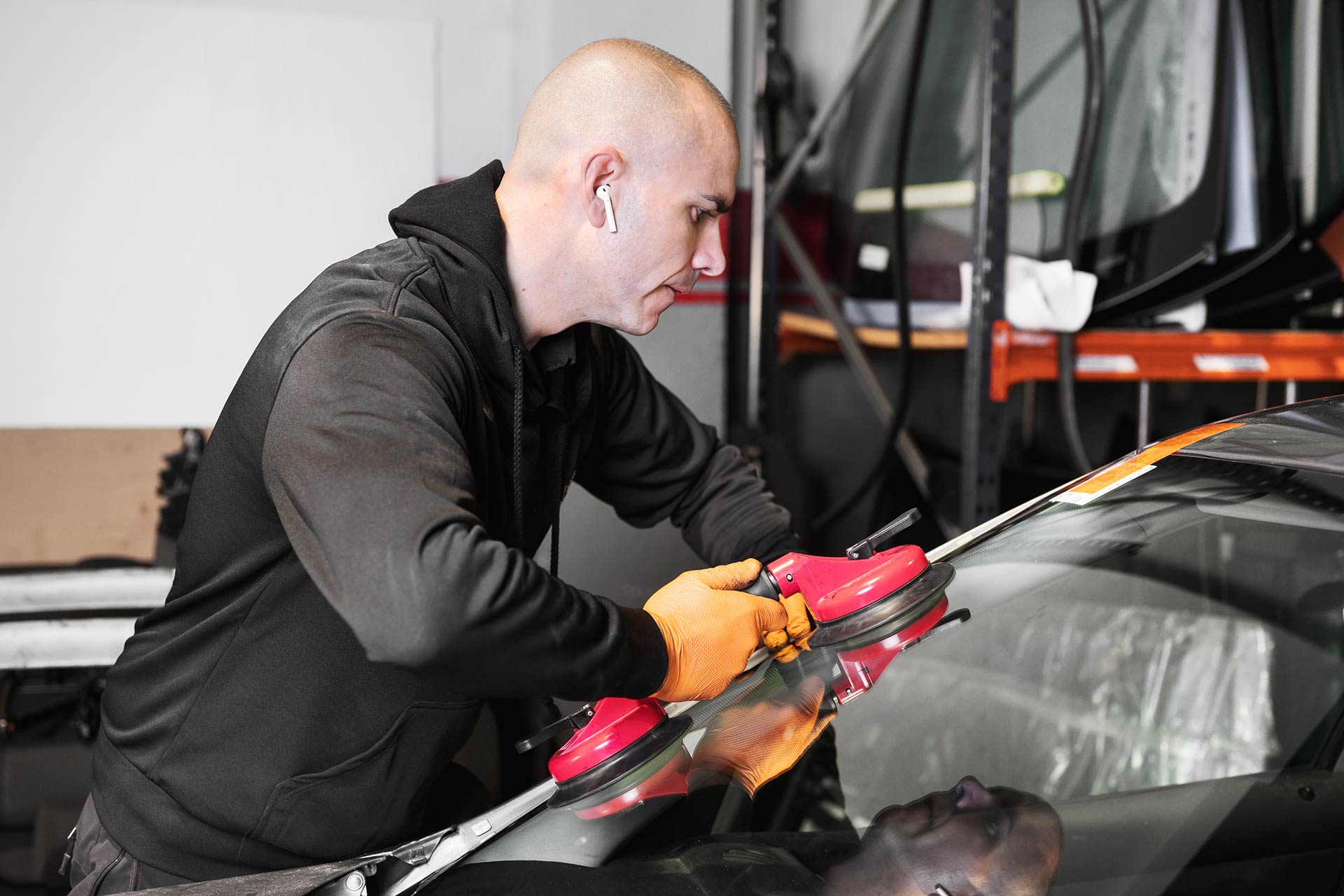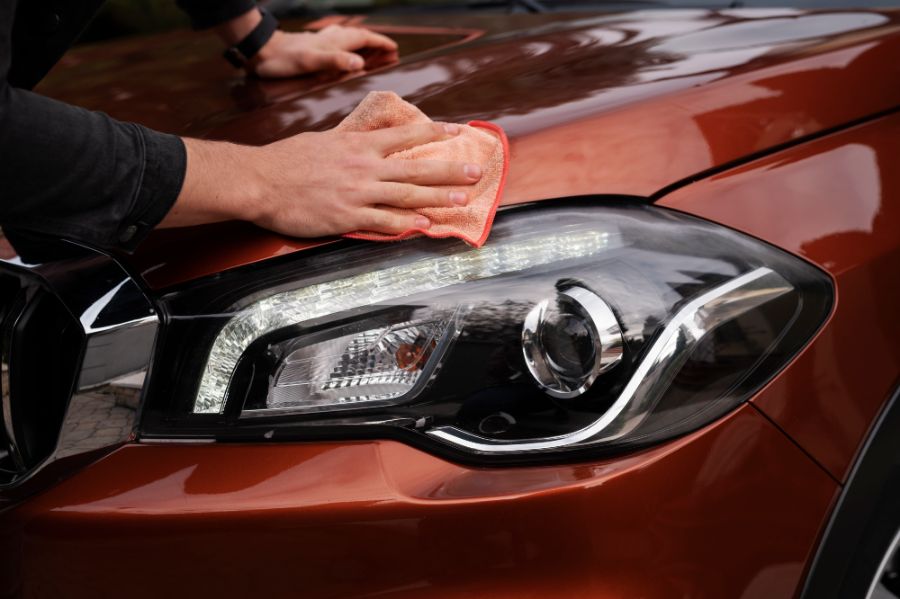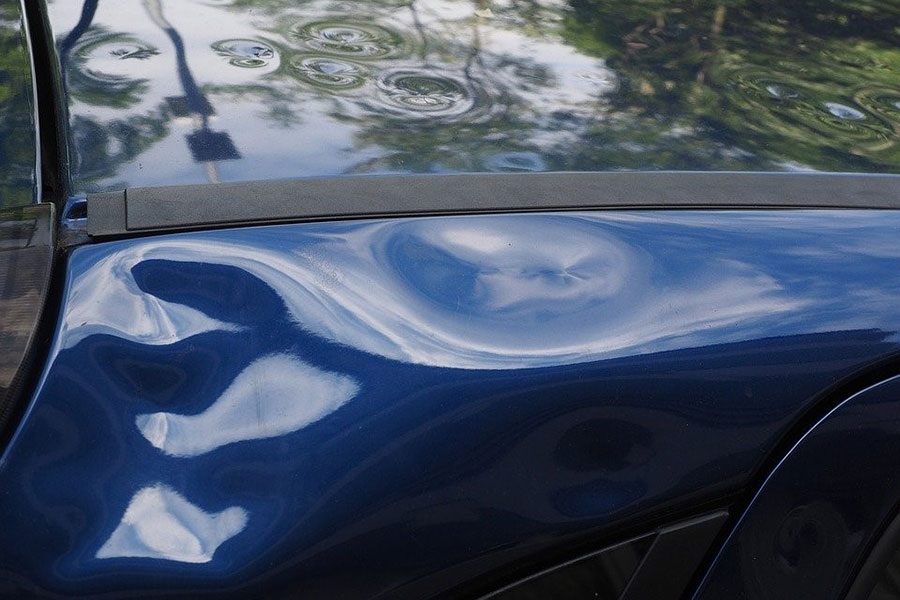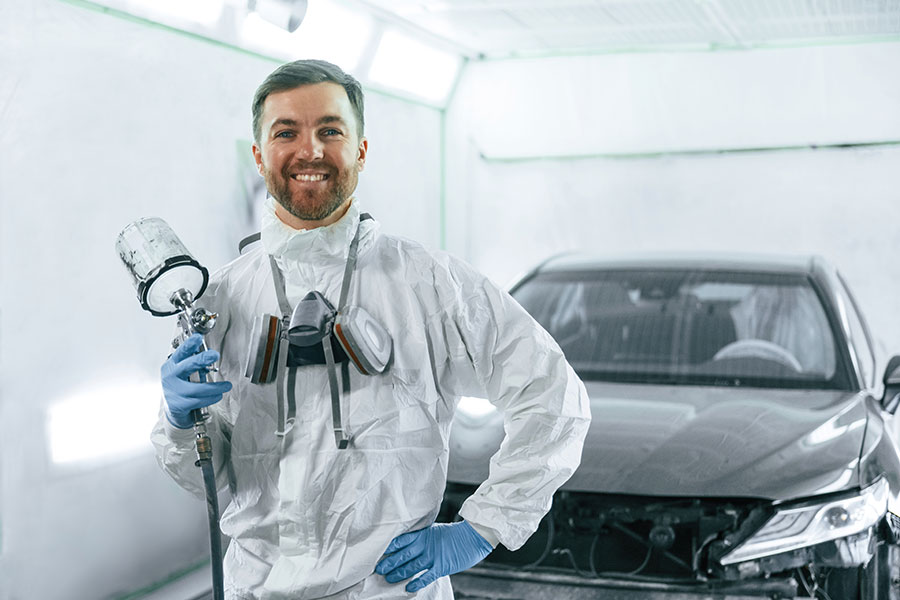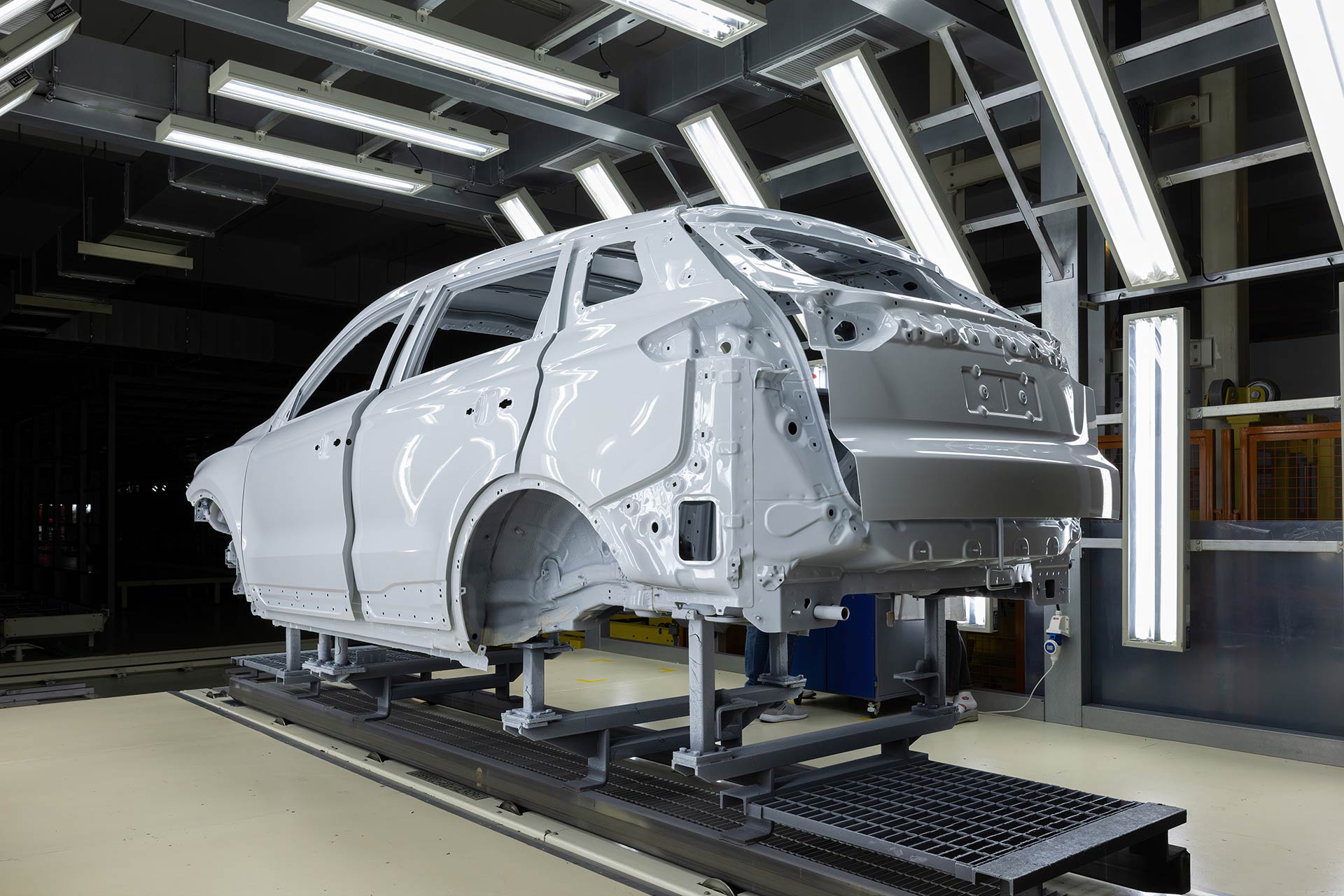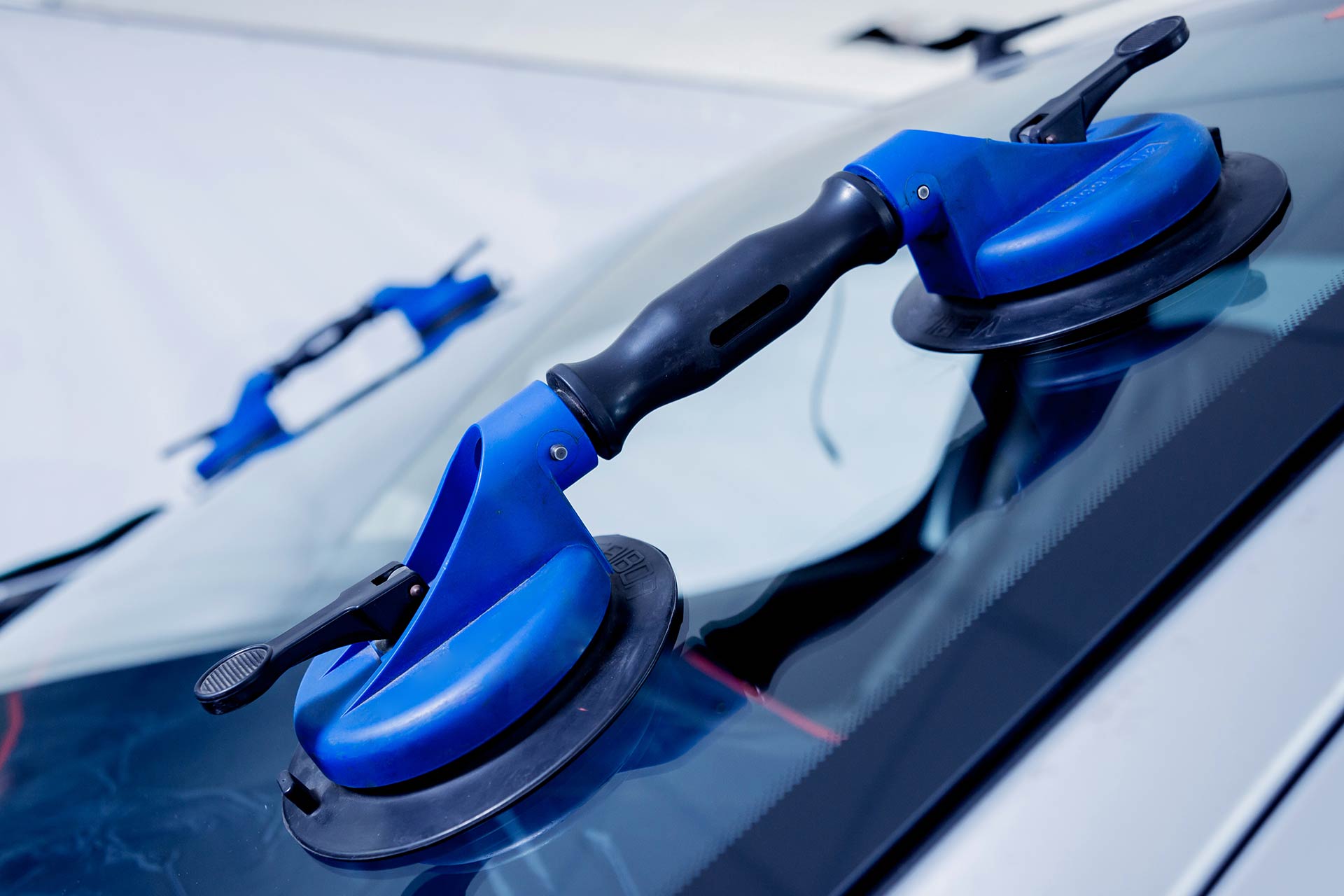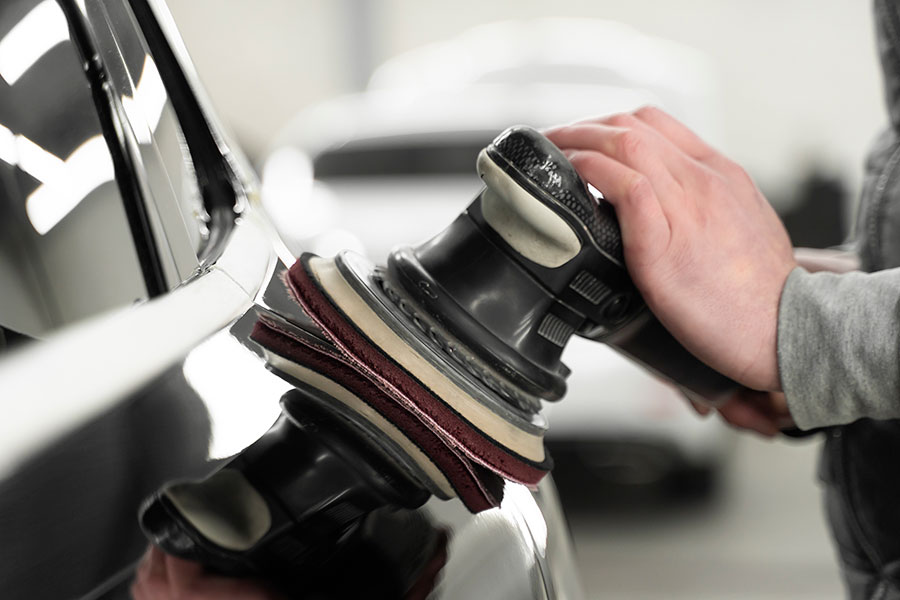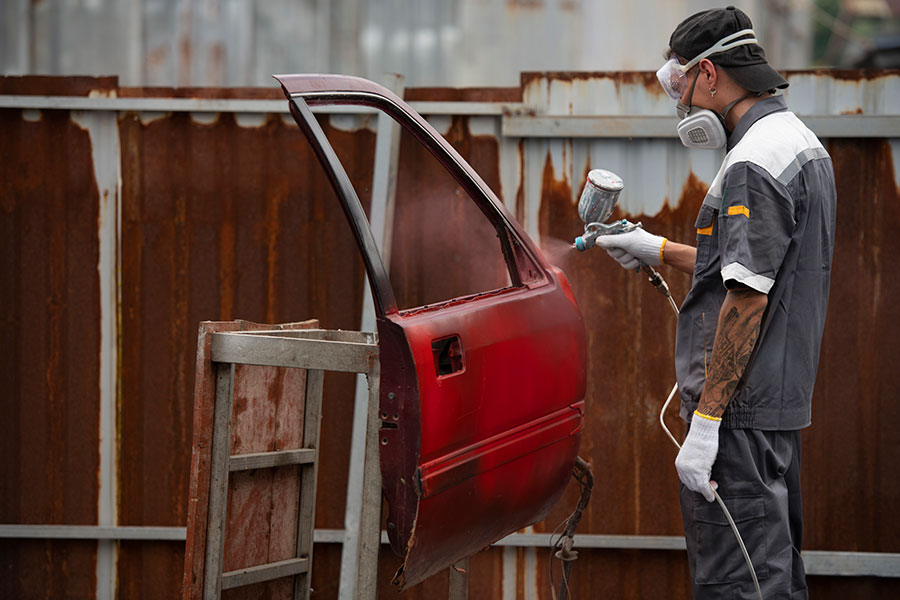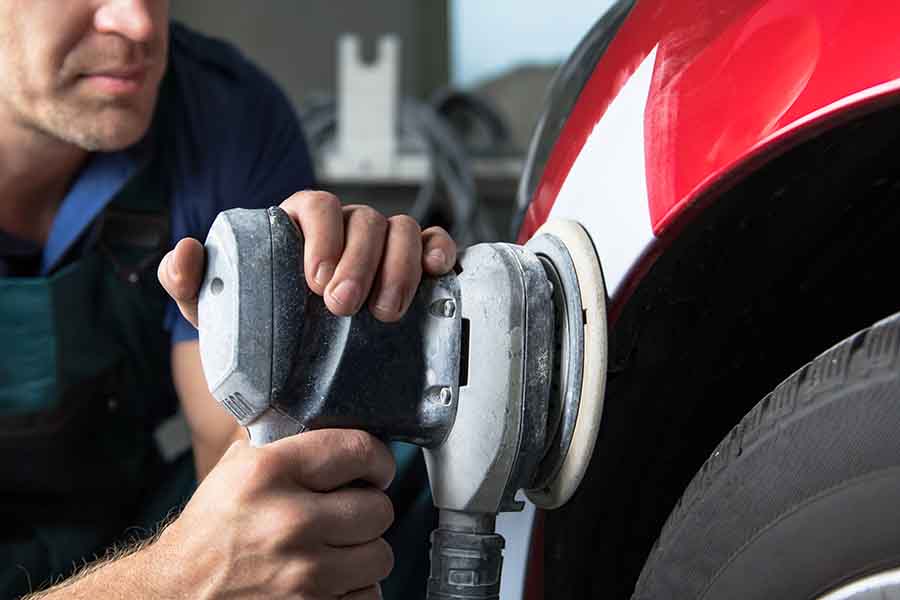Finding the right body shop for your car can feel like a maze. On one side, there are regular workshops promising quick fixes at low prices. On the other, insurance-approved body shops offer services that meet your insurer's standards, ensuring quality and compliance. Navigating this choice is crucial; it's not just about repairing your vehicle but restoring its safety and value according to industry benchmarks. Insurance-approved body shops bring peace of mind with their expertise and direct billing to insurance, eliminating guesswork and out-of-pocket surprises. This post dives into why choosing them can be a game-changer for your car repair experience, highlighting the benefits that matter most to car owners.
Understanding Insurance-Approved Body Shops
Approved Shops
Insurance-approved body shops have a partnership with insurance companies. They meet certain standards in quality and service. This means they offer repairs that your insurance trusts and often guarantees.
These shops differ from non-approved ones because they follow strict guidelines set by insurers. They use high-quality parts and employ skilled technicians. Their work is regularly checked to ensure it meets high standards.
Benefits
Using an insurance-approved shop comes with many advantages. First, it can speed up the claim process. Since the shop and your insurer already have a relationship, they communicate more efficiently. This can get your vehicle repaired faster.
Second, there's often a guarantee on the work done. If something isn't right after the repair, the shop will fix it at no extra cost to you. This provides peace of mind knowing your car is in good hands.
Quality and Cost
Insurance companies and approved body shops focus on both quality and cost-effectiveness. They negotiate prices for repairs, which can save you money in the long run. The aim is to provide excellent repairs without overcharging.
The partnership also ensures that only the best materials are used for your vehicle. This maintains its safety and value. By choosing an approved shop, you're likely getting better service for a lower price.
Your Repair Rights Explained
Choosing Shops
You have the power to pick any repair shop you trust. This right is crucial for vehicle owners to understand. While insurance companies can suggest or prefer certain body shops, they cannot force you to use them. This choice ensures you find a place that meets your quality and service expectations.
Insurance companies often have a list of "approved" or "preferred" shops. These are places they've vetted for quality and efficiency. But remember, it's just a suggestion. You're free to select any shop that makes you comfortable. This freedom lets you prioritize what's important: trust, craftsmanship, or maybe even supporting local businesses.
Legal Protections
Laws protect your rights during the repair process. These protections vary by state but generally aim to ensure fair treatment for consumers. For instance, some states require insurance companies to cover repairs from any licensed shop. Others mandate that insurers cannot steer customers to specific shops without their consent.
Understanding these laws can shield you from undue pressure or misinformation. It empowers you to make informed decisions about where to get your car fixed. Always check your local regulations to know your rights and protections in this area.
Policy Details
Knowing the fine print of your insurance policy is crucial. Policies can have clauses that affect where and how your vehicle gets repaired. Some might offer a warranty on work done by approved shops only. Others could have stipulations about using aftermarket parts versus original manufacturer parts.
It's essential to read and understand these details before you need repairs. This knowledge will help you navigate the repair process more smoothly and avoid any surprises regarding coverage or out-of-pocket costs. If anything is unclear, ask your insurance agent for clarification.
Choosing the Right Body Shop
Certifications
Certifications are a key factor. Look for shops with industry-recognized credentials. This shows they meet high standards.
Shops should have certifications from organizations like ASE or I-CAR. These indicate skilled technicians and up-to-date training. Certifications ensure the shop can handle your car's specific needs.
Reviews
Online reviews give insights into customer experiences. They reveal much about a shop's quality and reliability.
Look for patterns in feedback. Consistent positive reviews suggest good service. Pay attention to how the shop responds to negative comments. This shows their commitment to customer satisfaction.
Services Offered
Different shops specialize in various services. Some may focus on cosmetic repairs, while others handle structural issues.
Ensure the shop offers the specific services your car needs. Specialized services mean they have the right tools and expertise. This leads to better repair outcomes.
In-Person Visits
Visiting the shop is crucial. It lets you assess its cleanliness and professionalism firsthand.
A clean, well-organized shop reflects attention to detail and care for your vehicle. Talk to the staff during your visit. Their attitude can indicate the level of service you'll receive.
Repair Estimates
Detailed repair estimates are important for comparing shops. They should list all proposed work and associated costs.
Ask for an itemized estimate. This helps avoid unexpected charges later on. Comparing estimates from different shops ensures you get fair pricing.
The Case for Preferred Shops
DRP Benefits
Insurance companies often partner with body shops in what's known as Direct Repair Programs (DRPs). These partnerships help make the repair process smoother for policyholders. Through DRPs, insurance providers vet and approve certain body shops based on quality, efficiency, and price standards. This means policyholders can trust these shops to provide good service without the hassle of extensive searches.
DRPs offer a streamlined experience. Once a claim is filed, the insurance company can directly coordinate with the preferred shop. This coordination helps speed up the approval process for repairs. Policyholders benefit from this arrangement by having less paperwork to deal with and quicker turnaround times.
Streamlined Claims
Using a preferred shop simplifies the claims process significantly. Since the insurance company and the body shop already have an established relationship, communication is more efficient. This results in faster approvals and less time waiting for repairs to begin. For policyholders, this means getting back on the road sooner.
The streamlined process also reduces the likelihood of disputes between the body shop and insurance company over repair costs or methods. This harmony ensures that repairs are done correctly and within a reasonable timeframe, reducing stress for the vehicle owner.
Added Perks
Preferred shops often come with benefits not available through non-preferred shops. One common perk is faster service. Since these shops work closely with insurers, they can start repairs sooner and often prioritize DRP-referred jobs. Another significant advantage is extended warranties on repairs performed, offering peace of mind long after the work is done.
e insurance companies also offer satisfaction guarantees on work completed by their preferred shops. This means if something isn't right with the repair, it will be fixed at no extra cost to the policyholder. These perks make choosing a preferred shop an attractive option for many.
Repair Guarantees and Limitations
Guarantee Scope
Insurance-approved body shops often offer repair guarantees. These guarantees assure customers that repairs meet a certain standard.
Most guarantees cover labor and parts used in repairs. They promise that if something goes wrong with the repairs, the shop will fix it at no extra cost. This can give car owners peace of mind.
However, these guarantees have a timeframe. Some last for as long as you own the car, while others might only last for a year or two. It’s crucial to know how long the guarantee lasts.
Common Exclusions
Not everything is covered by repair guarantees. It's important to understand the exclusions.
Wear and tear items like brakes and tires usually aren't covered. Also, damage from accidents happening after the repair isn't covered under the guarantee.
Environmental damage, such as rust or corrosion, often falls outside the guarantee scope. Knowing what's not covered helps set realistic expectations.
Written Guarantees
Getting guarantee details in writing before proceeding with repairs is essential. It ensures there's no confusion about what the guarantee covers.
A written guarantee also provides a reference if there are disputes later on. Make sure it includes the guarantee duration and what it covers.
Importance of Clarity
Understanding the limitations and exclusions of repair guarantees is crucial. It helps avoid surprises if something isn’t covered later on.
Asking questions and getting clear answers can prevent misunderstandings. Always clarify any doubts before agreeing to repairs.
Getting a Second Opinion
Second Opinion Benefits
Seeking a second opinion for major car repairs is crucial. It can ensure the estimates you receive are both fair and accurate. Not every insurance-approved body shop will quote you the same price or suggest the same repairs. By getting another perspective, you protect yourself from overpaying or undergoing unnecessary services.
A second opinion might reveal more affordable options or suggest more thorough repair methods. This step is about ensuring you get the best value for your money and that your vehicle receives the care it needs to be safe on the road again.
Comparing Estimates
To properly compare estimates, start by looking at what each shop offers. Make sure they break down the costs of labor, parts, and any additional fees. This breakdown helps you see exactly where your money is going.
Check if both shops plan to use original manufacturer parts or aftermarket parts. Original parts are often more expensive but can offer better quality and fit for your vehicle. Knowing this detail can help you make a more informed decision.
Discovering Options
etimes, a second opinion uncovers options you hadn't considered before. For example, one shop might suggest an expensive replacement part, while another finds a way to repair the existing part for less.
This exploration can lead to significant savings and possibly a quicker turnaround time for repairs. Always ask each shop why they recommend their specific approach. Their answers can provide insight into their expertise and dedication to customer satisfaction.
Following Insurance Advice
Trusted Partners
Insurance companies partner with certain body shops because they trust their work. They have a history of quality repairs and customer satisfaction. Choosing one of these shops can mean faster service since the insurer knows their process.
They often guarantee the repair work. This gives you peace of mind. If something goes wrong, you're covered.
Evaluation Process
Insurers don't pick any shop at random. They have strict criteria for choosing approved body shops. These include the quality of work, business stability, and proper certifications.
They also look at customer service records. Shops that communicate well and keep customers updated are preferred. This evaluation ensures you get reliable service.
Faster Claims
Using an approved shop can speed up your claim. Since the insurance company already has a relationship with the shop, paperwork and approvals move quicker.
You get back on the road faster. This is especially important if you rely on your vehicle daily.
Additional Costs
Ignoring your insurer's advice might lead to extra costs. Some insurers only cover a certain amount if you choose an outside shop.
You could end up paying the difference. Always check your policy or ask your agent to be sure.
Quality Concerns
Approved shops must meet high standards. This includes ongoing training and up-to-date equipment.
Choosing a non-approved shop might risk lower quality repairs. It's not just about looks; it's about your safety too.
Longer Process
Going against insurance advice can delay your claim. Non-approved shops might not know the insurer's process or requirements.
This can cause back-and-forth communication issues, slowing down repairs.
Steps After an Accident
Safety First
Immediately after an accident, ensure everyone's safety. Check for injuries and move to a safe area if possible. It's crucial not to leave the scene.
Call for medical help if anyone is hurt. Safety should always be your top priority.
Document Everything
Once safe, start documenting. Take photos of the vehicles, any visible damages, and the accident scene.
Exchange information with the other driver, including names, contact details, and insurance information. These details are vital for the next steps.
Notify Insurance
Contacting your insurance company should be done promptly. Inform them about the accident and provide all collected information.
They will guide you on what to do next. This step is crucial for a smooth claim process.
Choose Repair Shop
Your insurance company will likely have a list of insurance-approved body shops. Choosing from this list ensures quality repairs that comply with your policy.
You can still choose your repair shop, but ensure it meets your insurance's standards.
Repair Process
After choosing a shop, they will assess the damage and give an estimate. Your insurance will review this and decide on coverage based on your policy.
The repair shop then begins work on your vehicle. Staying in touch with both the shop and your insurance company keeps you updated on progress.
Accessing Free Resources
Online Directories
After an accident, finding a trusted body shop is crucial. Many online directories offer comprehensive lists of repair facilities. These platforms often include customer reviews and ratings. This feedback can guide drivers to make informed decisions. Users can search by location or service type, making it easier to find nearby options.
Insurance Tools
Insurance companies provide tools on their websites to help policyholders locate approved body shops. These resources ensure the selection meets the insurer's standards for quality and service. They often list facilities that guarantee repairs, offering peace of mind to vehicle owners. Using these tools can streamline the process significantly.
Consumer Reviews
Websites dedicated to consumer reviews are valuable for researching body shops. Sites like Yelp and Google Reviews offer insights into others' experiences. Reading through these reviews can highlight consistent issues or praises. It helps in identifying shops with high satisfaction rates.
Social Media Groups
Community forums and social media groups are excellent for personal recommendations. Members often share their experiences with local services, including body shops. These platforms allow for direct questions and feedback from community members. They provide real-world insights that are not always available through other channels.
Community Forums
Similar to social media groups, community forums offer a space for detailed discussions about local services. Forums specific to automotive care or local neighborhood discussions can be particularly helpful. They allow users to seek advice and recommendations from peers who have faced similar situations.
Summary
Navigating the world of insurance-approved body shops doesn't have to be a headache. You've got the right to choose where your car gets fixed and understanding that is key. From knowing your repair rights to selecting the right body shop, and understanding the guarantees and limitations, you're now equipped with the knowledge to make informed decisions. It's all about ensuring your vehicle gets the best care without compromising on quality or your wallet.
Don't just take your insurer's word for it; do your homework. Get that second opinion if something feels off. Follow the steps we've outlined after an accident, and always lean on free resources available to you. Your car deserves top-notch care, and now, you know exactly how to ensure it gets just that. Ready to take action? Start by reviewing your insurance policy today and make sure you're fully covered for any eventuality.
Frequently Asked Questions
What are insurance-approved body shops?
Insurance-approved body shops have met certain criteria set by insurance companies, ensuring quality repairs and services for their policyholders.
Do I have to use an insurance-approved body shop?
No, you have the right to choose any body shop for your vehicle's repairs, but using an approved shop often streamlines the process.
What are the benefits of choosing a preferred shop?
Preferred shops usually offer faster service, direct billing to the insurer, and sometimes even guarantees on repair work.
Are repairs guaranteed when done by an insurance-approved body shop?
Yes, many insurance-approved body shops offer guarantees on their repairs, providing peace of mind and protection for your vehicle.
Can I get a second opinion if I'm not satisfied with the repair estimate?
Absolutely. You're entitled to seek a second opinion to ensure you're getting fair and comprehensive repair estimates.
Should I follow my insurance company's advice on which body shop to use?
While it's advisable to consider their recommendations, ultimately, the choice is yours. Weigh their advice against your own research and preferences.
What should I do immediately after an accident?
Ensure everyone's safety first; then exchange information, document the scene, and notify your insurance company to start the claims process.
